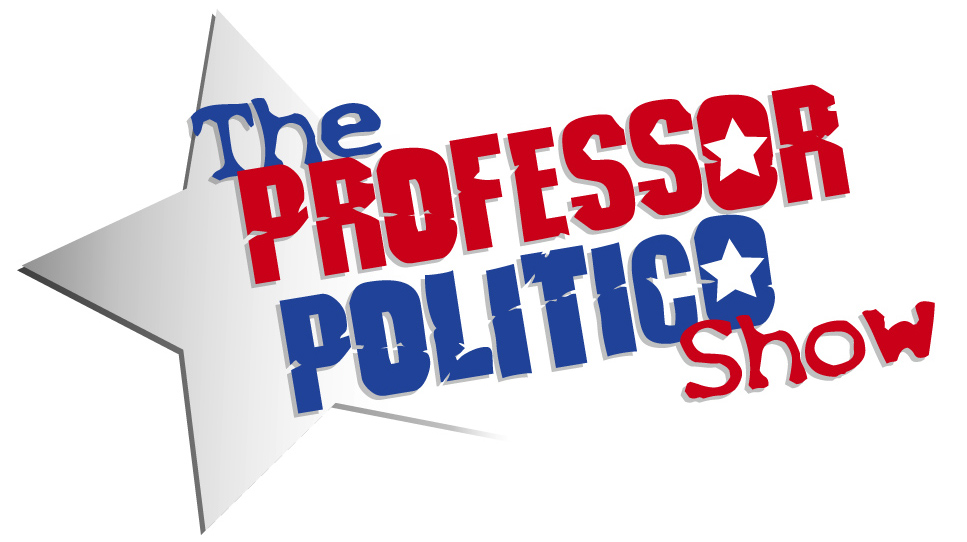From the group’s press release:
(Special thanks to United Liberty for the story.)Thousand Oaks, CA — A national caucus of Republican activists has urged GOP legislators to stand firm against the “Paulson Bailout” of a corrupt financial regulatory system. “This proposal is a government takeover of the entire U.S. economy,” says Republican Liberty Caucus Chairman William Westmiller, “whose only purpose is to rescue those who made risky bets on bad mortgages.”
The Caucus [www.RLC.org] opposes any taxpayer payoff to rescue those who made bad investments in any sector of the economy. “The problem is not a lack of government control,” says Westmiller, “but rather the decades of market distortions imposed by Congress through subsidies, mandates, guarantees, andconstraints on free-enterprise mortgage offerings.”
The Paulson proposal grants the Secretary of the Treasury total control over all mortgage-related financial instruments, nearly a trillion-dollars in discretionary funds, and the power to nationalize or deputize every financial institution in the nation. “This isn’t a rescue plan,” says Westmiller, “it is an economic police state.”




